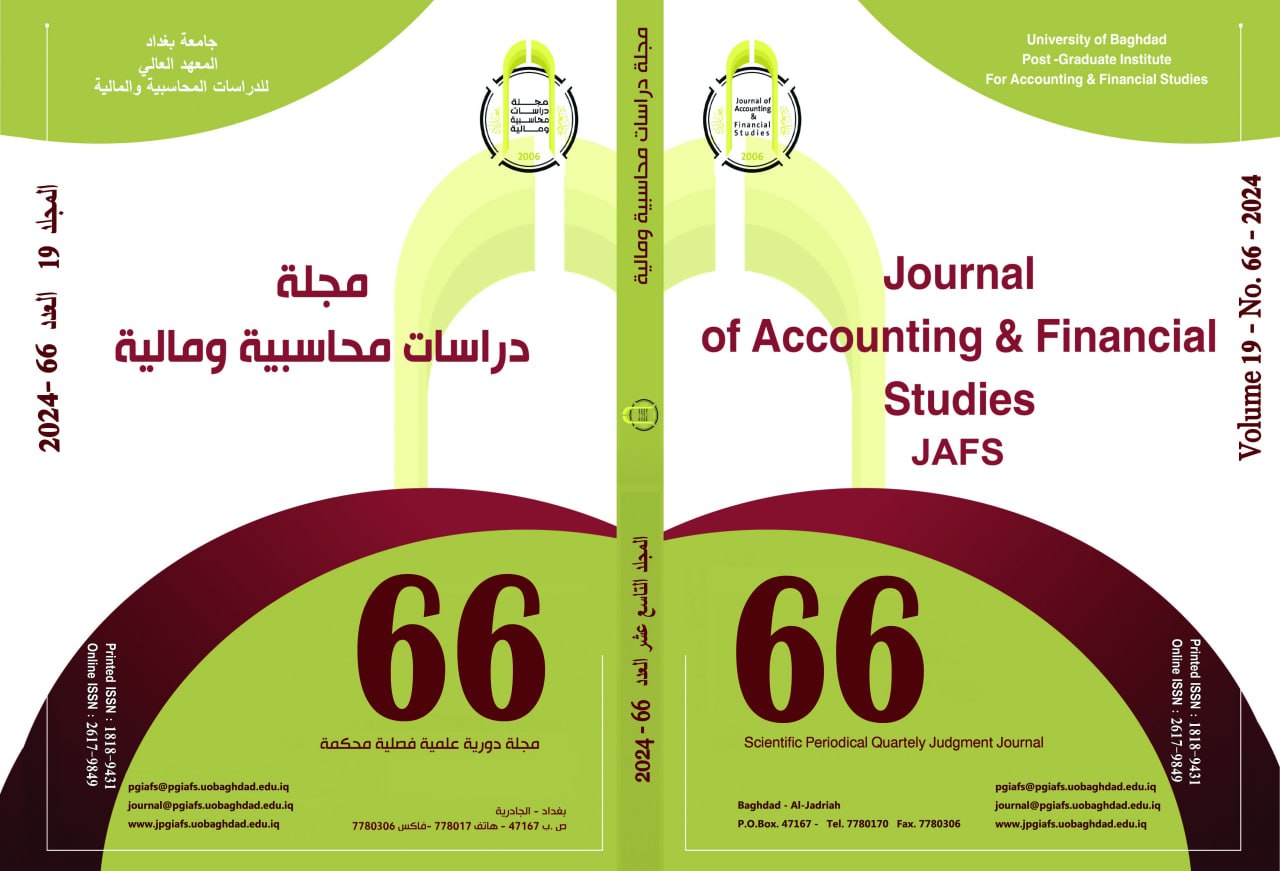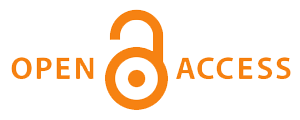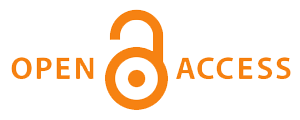دور اجراءات التدقيق المعاصرة في الحد من ممارسات ادارة الارباح السلبية في الوحدات الاقتصادية العراقية
DOI:
https://doi.org/10.34093/7wey3b61الكلمات المفتاحية:
التدقيق الخارجي، المحاسبة الابداعيةالملخص
المستخلص:
تمثلت اهمية البحث في دور المدقق الخارجي في الحد من ادارة الارباح أذ يهدف البحث الى اختبار هذا التأثير على الوحدات الاقتصادية العاملة في بيئة الاعمال العراقية ولقد اعتمد الباحث على تطبيق نموذج, تحليل بيانات القوائم المالية المنشورة في سوق العراق للأوراق المالية لعينة البحث من القطاعات الاقتصادية المختلفة لسنة (2021-2020) وفق نموذج .(Miller) من خلال دراسة المجتمع المستهدف من هذا المسح هو المدققين الخارجيين ومكاتب التدقيق ومدققي الحسابات في ديوان الرقابة المالية الاتحادي واستخدم الباحثين مجموعة من التحليل الاحصائي لعينة استمارة الاستبيان المتكونة من (89) فردا موزعين بين ديوان القابة المالية ومكاتب التدقيق. وقد توصل الباحثين من خلال دراسته الى مجموعة من النتائج اهمها:
ان ادارة الارباح في الغالب هي عملية تلاعب بالأرقام المحاسبية من خلال استغلال الفرص للتخلص من الالتزام بالقواعد المحاسبية وبدائل القياس وتطبيقات الافصاح لنقل البيانات المالية مما يجب ان تكون عليه الى ما يفضله معد هذه البيانات. وان من يقوم بعمل التلاعبات او ممارسات المحاسبة الابداعية من المحاسبين من هو على مستوى عالي من الحرفية والابتكار لذا فمن الضروري ان يقابله من الطرف الاخر من المراقبين سواء في مكاتب التدقيق او مراقبي ديوان الرقابة المالية ان يكون على نفس المستوى ان لم يكن اعلى وذلك من اجل كشف تلك الممارسات والحد منها حتى يستطيع ان يصل الى توفير التأكيدات المعقولة بخلو تلك التقارير المالية من اي انحرافات أو تلاعبات أو غش.
التنزيلات
منشور
إصدار
القسم
الرخصة
يتمّ نقلُ حقوق النّشر إلى المجلّة عند إخطار الباحث بقَبول بحثه المقدّم للنّشر في المجلّة.





